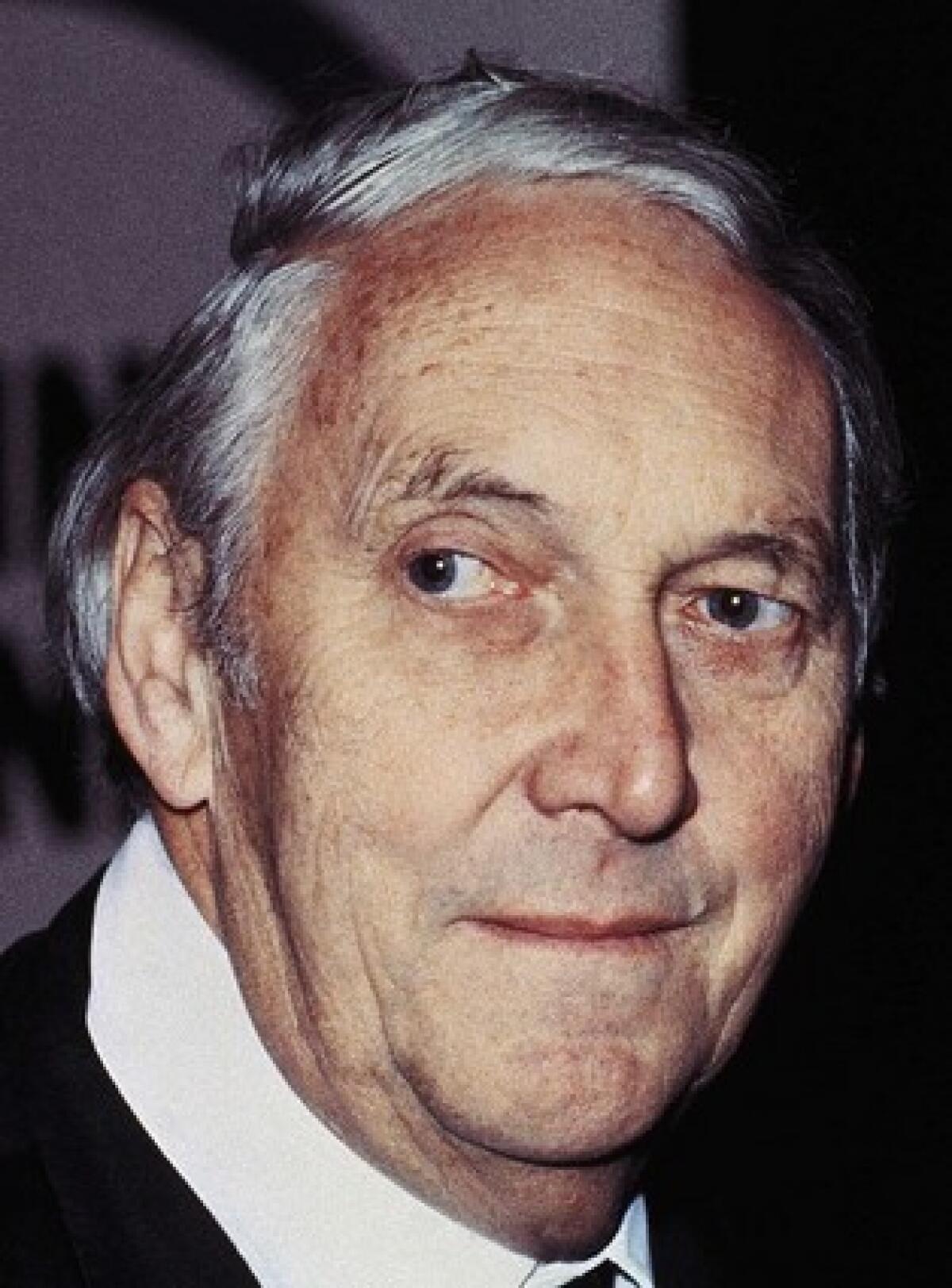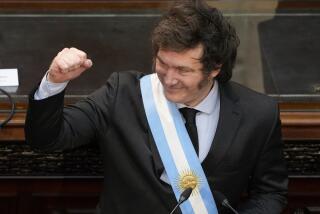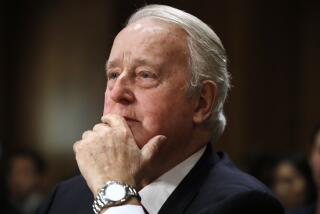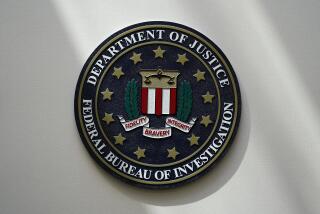Sir Nicholas Henderson dies at 89; British diplomat fostered U.S. support for Falklands war

Nicholas Henderson, a British diplomat who served as ambassador to the United States during the Falkland Islands war and helped build U.S. support for the British military operation that regained control of the islands, died Monday at his home in London. He was 89.
“Nicko” Henderson, as he had been called since his school days, was an urbane Oxford graduate who managed to look unkempt even in Savile Row tailoring. His appearance belied one of the savviest minds of the British diplomatic service, and he had ambassadorships from 1969 to 1979 in some of the decisive outposts of the Cold War: Poland, West Germany and France.
While in Bonn and Paris, he became increasingly alarmed at the faltering British economy under a Labor Party government and its impact on foreign relations. He came to international attention in 1979 when his retirement speech -- criticizing British economic policy in harsh terms -- was leaked to the Economist.
It came as a shock to Henderson to have been pulled immediately from retirement to the most prestigious diplomatic post in British foreign office -- Washington, D.C. -- at the request of the new Prime Minister Margaret Thatcher, a Conservative.
Henderson spent the next three years in Washington, culminating in the bloody British-Argentine war over the Falklands from April to June 1982.
He became a frequent presence on the evening news, explaining his government’s role in repelling the Argentine invasion of a British territory in an effort to get international opinion behind Thatcher. He worked to sell the British military operation as a strategic battle for control of the South Atlantic waterway and of upholding a long tradition of Anglo-American friendship.
The Americans agreed to help the British with logistical and intelligence support in the Falklands. Henderson later noted that U.S.-made Sidewinder missiles proved a crucial addition to the British arsenal and made a difference in the victory over Argentina.
John Nicholas Henderson was born April 1, 1919, and graduated from Hertford College at Oxford University, where he became president of the Oxford Union debating society. A tubercular child, he was exempted from military service during World War II and instead entered diplomatic service. Late in the war, he was assistant private secretary to Foreign Secretary Anthony Eden, a future prime minister.
In 1951, Henderson married Mary Cawadias Barber. She died in 2004. Survivors include a daughter, Alexandra, and three grandchildren.
Bernstein writes for the Washington Post.
More to Read
Start your day right
Sign up for Essential California for the L.A. Times biggest news, features and recommendations in your inbox six days a week.
You may occasionally receive promotional content from the Los Angeles Times.






